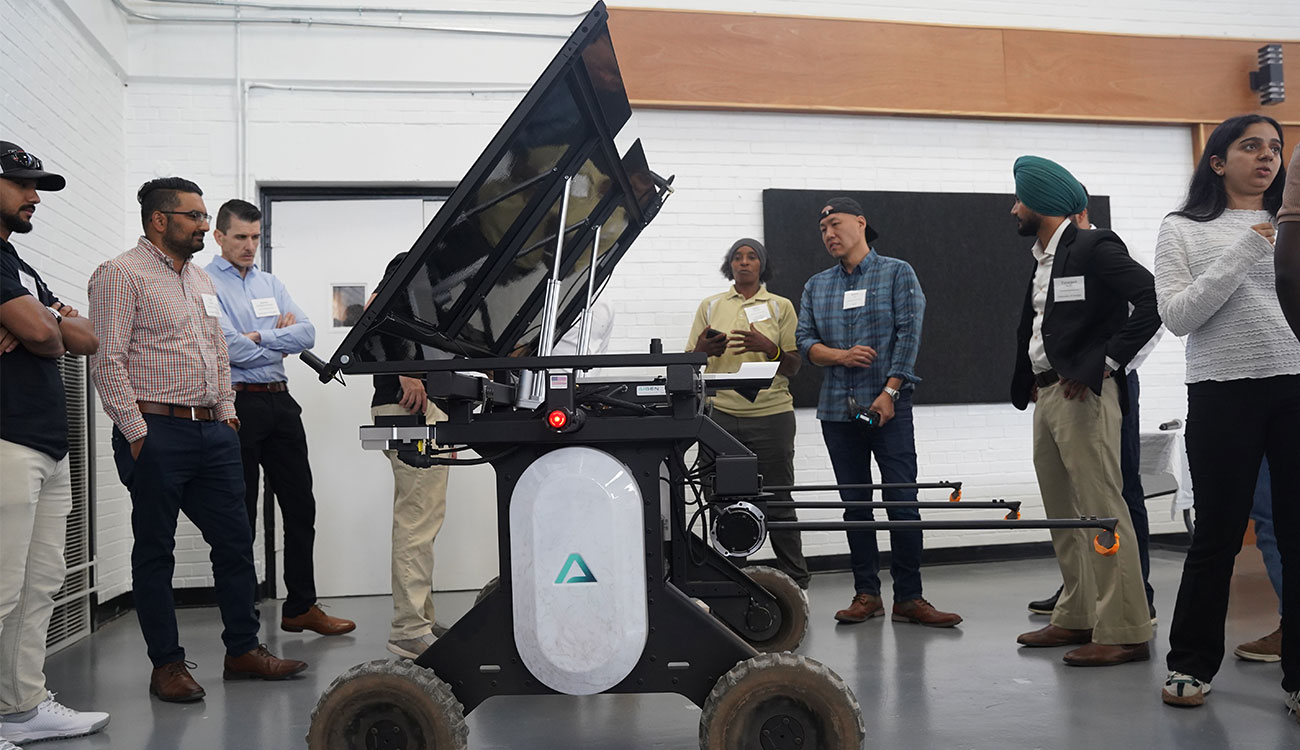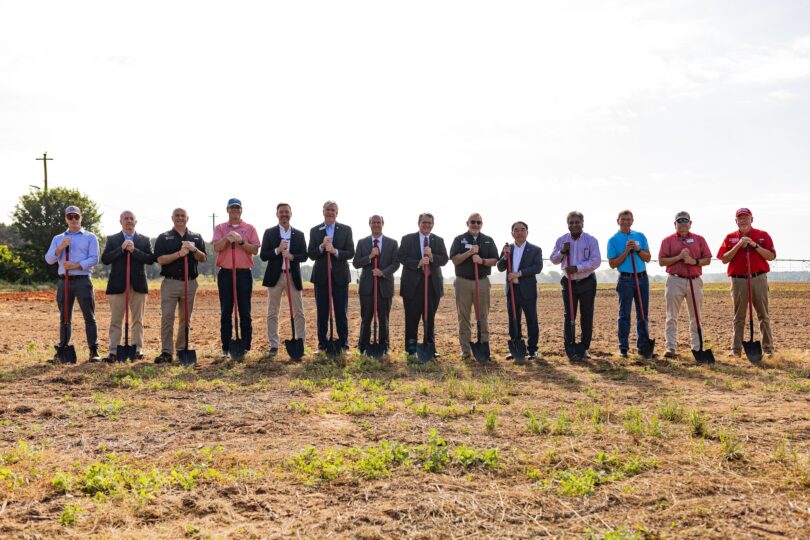By Brad Haire
University of Georgia
Each summer for the past 10 years, students from the University of Georgia College of Agricultural and Environmental Sciences have traveled to Washington as part of the CAES Congressional Agricultural Internship Program.
Each experience is different, but all have come away with the same shared knowledge: They know how Washington politicians do their jobs, how political players play the game and how the nuts and bolts of U.S. farm policy are put together.
“I wanted the opportunity to do something with agriculture on a national level, and I got the chance,” said Chris Tyson, 22, an agriscience and environmental systems major from Statesboro, Ga.
Tyson and five other CAES students lived and worked in Washington for 12 weeks this summer. It may be a summer program, but it’s not a vacation. The interns say it is hard work. A congressional office can get more than a thousand letters each month and as many as 700 phone calls a day.
“It wasn’t quite what I expected. It was overwhelming at first because there’s so much stuff going on up there,” said Tyson, who interned under Rep. John Barrow of Georgia’s 12th District. “There’s going to meetings, to hearings and talking with constituents, and there’s a lot that goes on behind the scenes, too.”
The program matches interns with senators and representatives who are or have been members of agricultural committees, said Joe Broder, CAES associate dean for academic affairs and the internship program coordinator. The application process is much like applying for a real job and includes interviews with the congressional offices.
Thirty-six students have gone through the program, which over the years has joined students with the offices of Reps. Max Burns, Sanford Bishop, Jack Kingston, Jim Marshall and Barrow and Sens. Saxby Chambliss, Johnny Isakson and Zell Miller.
“Many in the college felt that the program wouldn’t be a good idea. They worried it would be too political. But that has not been the case,” Broder said. “This program has benefitted the college and the congressional offices that get quality people with solid backgrounds in agriculture who can contribute and become real assets to have on staff while they’re in Washington.”
Chambliss agrees. The program has worked out just as he intended when he initiated it in the mid-‘90s. Then representing Georgia’s 8th District, Chambliss approached then CAES Dean and Director Gale Buchanan with a plan.
“We started this program with the idea that we wanted to let young folks who wanted to be involved in agriculture figure out what goes on in Washington and how it works and bring that knowledge back to Georgia,” he said. “Because if they are going to be involved in agriculture, they need to know how agriculture policy is set.”
Secondly, Chambliss said, the program creates “a pool of young people we can hopefully bring to Washington and get them to work on staffs and bring a knowledge of Southeastern crops to agriculture committees or personal offices.”
“The internship shows there is just so much more to the legislative process then what you read in textbooks,” said Christy Seyfert, the first CAES Washington intern. “It’s a great opportunity and lesson for the kids to take back.”
Seyfert interned with Chambliss in 1997. The Brooklet, Ga., native is currently a senior professional staffer with the Senate Committee on Agriculture, Nutrition and Forestry.
An intern becomes a paid member of the congressional office staff. This salary accounts for half of the $6,000 stipend. The rest is covered through college scholarships made available through donors. This arrangement allows the interns to establish a residence in Washington and provides for living expenses.
To better reflect the role and status the interns and the program have earned over the years, Broder said, the program will be officially renamed to the CAES Congressional Ag Fellowship Program in 2007.






